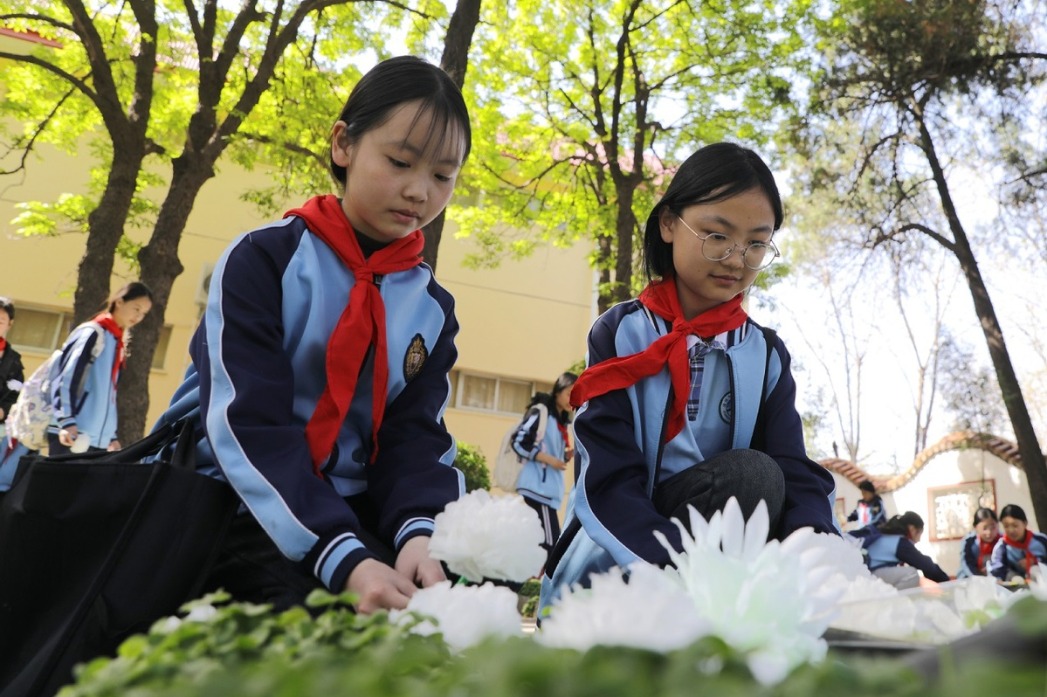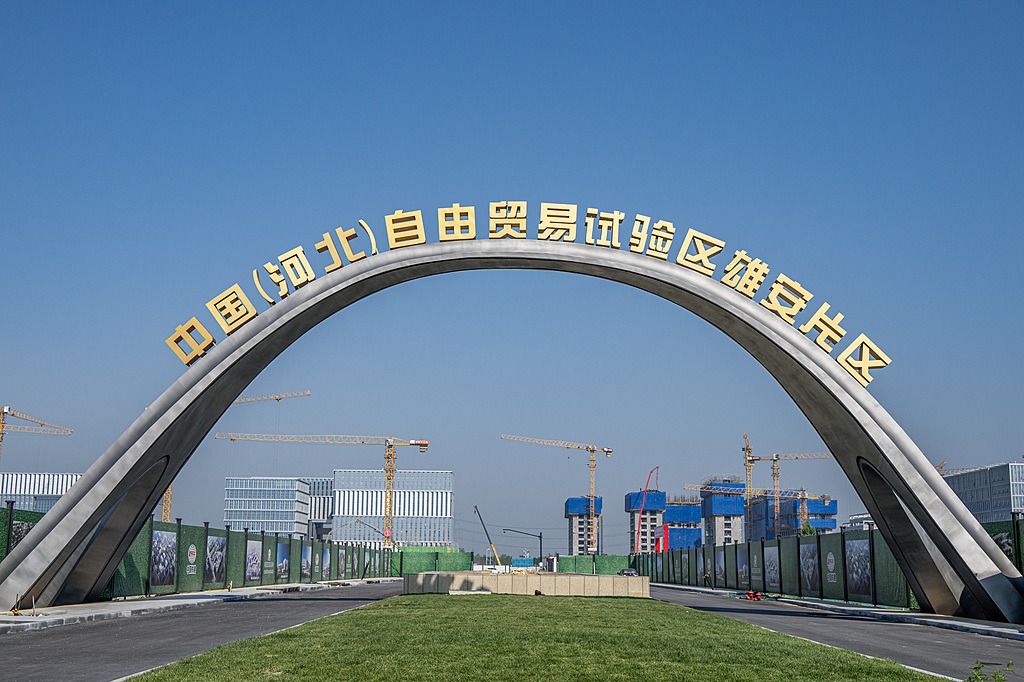Common cause
Community with a shared future is guarantee of security as the foundation of social stability and well-being


A few months ago, two highly significant meetings took place in Beijing. The third plenary session of the 20th Central Committee of the Communist Party of China, where the deepening of reform policies to advance China's modernization was approved, highlighted how China is deepening its reform policies to continue developing Socialism with Chinese Characteristics, which adapts Marxist theory to China's specific reality. And the Conference Marking the 70th Anniversary of the Five Principles of Peaceful Coexistence showed the world a path toward peacefully resolving international conflicts through negotiation, within the framework of the United Nations' founding principles.
From a Marxist analysis of the current geopolitical situation, it is evident that the theoretical and practical principles stemming from the conclusions of these two meetings are directly interrelated in their strategic perspective. There can be no social, economic and cultural development of nations if a large portion of state resources is dedicated to sustaining a spiral of militarism, rather than being directed toward development aid projects that could eradicate poverty globally and build a future of peace and progress for all humanity in harmony with nature.
For this reason, highlighting certain elements from the conclusions of these two important meetings is essential to advance the development of 21st-century Marxism and adapt it to the reality of other countries that need it. While the path to building Socialism with Chinese Characteristics should not be imitated since it is a specific application of Marxism to China's reality, it does contain ideas and proposals that can be studied and adapted to the diverse and plural realities across the globe.
Continuing the reform policies will create the conditions necessary to achieve development goals and improve the quality of life for the Chinese people. However, reaching these objectives will be more difficult without an international relations framework prioritizing sincere dialogue and loyal cooperation over the Cold War mentality that divides the world into disconnected and opposed blocs, forcing countries into an absurd increase in military spending. For this reason, the comprehensive deepening of reforms is accompanied by an offer to the international community of the basic principles for peaceful coexistence, demonstrating China's international responsibility.
In this era of significant challenges for humanity, it is not only about achieving economic development but also about advancing the development of ideas and socialist ethics, ensuring that the people remain at the center of political life and seeking harmony with the ecological environment to guarantee security as the foundation of social stability.
No reform policy would be complete without recognizing that any modernization project must achieve harmony between humans and nature. This requires promoting measures to continue reducing carbon emissions and pollutants, actively combating climate change, and expanding green spaces to achieve ecological development.
Ultimately, it is about maintaining the successful pace of reform as an application of 21st-century Marxism. However, this will be more difficult if the importance of international issues is not addressed in an increasingly interconnected global community. The high-level modernization that China aims to achieve through deepening reform is closely tied to its offer to help create an international community that collectively faces the challenges of humanity and ensures a future of peace and progress in harmony. This is where the relationship between the Third Plenary Session of the 20th Central Committee and the 70th anniversary of the Five Principles of Peaceful Coexistence takes on its full importance, as it demonstrates China's determination to advance toward a community with a shared future for all humanity.
This approach is particularly significant at a time when NATO's recent summit continued to push for a Cold War mentality among its members, in which a nation's security must be achieved at the expense of others. This mentality divides the international community into disconnected and opposing blocs. Conversely, the Five Principles of Peaceful Coexistence are based on the need to consolidate mutual respect between states, adhering to the "Golden Rule" of non-interference in the internal affairs of other countries. This fully reflects the purposes and principles of the UN Charter and aligns with the fundamental interests of all peoples around the world. These principles address critical issues such as security policy, economics and diplomacy, promoting a just understanding of international law without allowing a hegemonic power to impose its will and interests on other countries. This framework calls for more equitable relations between the North and the South, strengthening South-South cooperation to lift many countries out of underdevelopment and poverty.
In an international community that includes multiple cultures, civilizations, religions, and different economic and social systems, the Five Principles of Peaceful Coexistence assert that no system or civilization can impose itself on others by force, and that all civilizations of the world have positive elements to learn from. Overcoming the politics of blocs and spheres of influence is the only way to help resolve the tensions and conflicts that affect dozens of peoples worldwide.
In this sense, the shared security model advocated by China aims to end the division of the world into a rich North that exploits a poor South, which remains dependent on the North. This model promotes more equitable relations between the North and South, and strengthens South-South cooperation to lift many countries out of underdevelopment and poverty. It is based on the principle that peaceful coexistence among all peoples on the planet is impossible without addressing poverty in countries of origin because a more prosperous world is a safer world.
President Xi Jinping's proposal to move toward a community with a shared future for all humanity, based on the Five Principles of Peaceful Coexistence, is accompanied by the Belt and Road Initiative, along with the Global Development Initiative, Global Security Initiative and Global Civilization Initiative. These represent the most extensive and profound cooperation proposals for development ever known in history.
The author is president of the Communist Party of Spain. The author contributed this article to China Watch, a think tank powered by China Daily. The views do not necessarily reflect those of China Daily.
Contact the editor at [email protected].



































